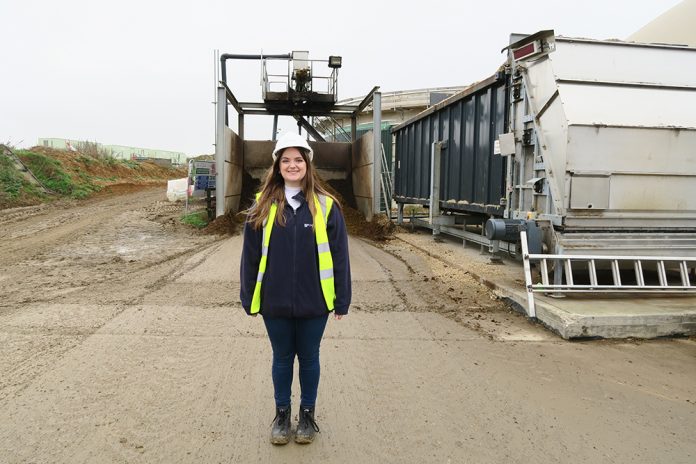Under-representation of women in the renewable energy sector is down to a number of factors. But with the potential for 10-15 million jobs in the anaerobic digestion industry alone by 2030, opportunities are clearly there to be encouraged and promoted. Dr Nina Skorupska, chief executive at the Association for Renewable Energy and Clean Technology (REA), looks at challenges and prospects.
Statistics suggest that just 22% of employees within the energy industry are women, with the renewables sector being only marginally higher than this at 32%. But these figures don’t come as a surprise to Dr Skorupska.
A lack of specific qualifications, diversity barriers and public perceptions are just three of the numerous hurdles women have to overcome in their journey to a career in renewables, but what can be done to inspire them to enter the industry?
Promoting the role of women within the workforce
As mentioned above, the AD industry could create millions of jobs within the next 10 years, offering the perfect opportunity to create a diverse and dynamic workforce.
However, more needs to be done to promote roles for women in the renewable energy sector and promoting diversity should be action-orientated. What is stopping women from applying? What solutions can be developed to overcome this? And how can these solutions be delivered in order to make an impact?
Encouraging a younger generation
Stevie Leeks is marketing manager at Cambridge-based Privilege Finance, a specialist funder in climate reduction and mitigation projects. She says that most women currently working in renewables have come across their jobs by chance.
She emphasises the need for roles in renewables to be highlighted to a younger generation, and points to the absence of a specific qualification which makes this really difficult.
Stevie explains: “The sector is growing in response to the climate crisis; there is so much career potential in the sector, but it just isn’t widely recognised.
“Offering an AD or renewable energy focused qualification would definitely encourage young people into what is a very important sector, both now and in the future.”
Changing public and self-perception
Dr Skorupska was one of the first female power station managers in the early 1990s, and explains that facilitating conversations with male employees was crucial for her success. “You have to establish a level of respect and the best way to do that is through creating conversations and changing those perceptions of women in the industry.”
But she emphasises that it’s not just about educating your male peers but a whole industry-level change.
“Job descriptions need to be more encouraging for women. Women respond to roles where they can make an impact, so the wording of these job descriptions should be a key consideration of all companies. It requires a complete mindset change from everyone on all levels,” she added.
Implementing policies
Dr Skorupska also advises the need for strict policies in the sector. “We need policies which address gender discrimination and the barriers which women in the sector face.
“Everyone needs to be aware of the underrepresentation of women and the gender imbalance in the industry to overcome this,” she explains. “And by implementing policies, we can encourage new members into the sector and create a much more open culture in renewable energy.”
Both women agree that they were fortunate enough to have a brilliant support network around them when venturing into the world of renewables, but they appreciate that not everyone is so lucky and a lack of external support can vastly impact career choices.





